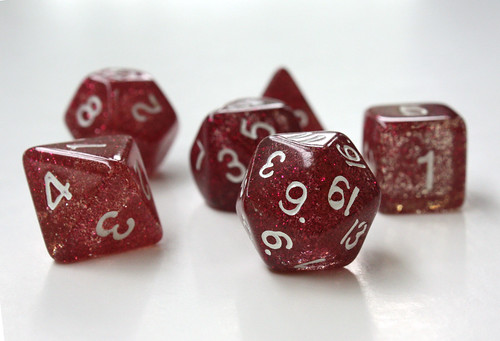There are very few stories that have not already been told. In fact, this story differs from others you have read only in specifics of names, dates, places. But this story will be told here, and it will be told again elsewhere, because stories are more than names, places, and events. Stories are how we know we have souls. The words of a story go beyond simply being sound waves and stir something much deeper. Stories are the flaxen cords that connect our souls together and weave the grand fabric that is humanity. And though this story is written down, not all stories are. Most, in fact, are being told as you live them. The story of you. The story of how you lived, loved and eventually died. Some stories connect many souls together. This one, however, is the story of just two.

In a tree, on a hill, in a field not unlike the field you are thinking of now, there was a little boy. In this little boy's hand, there was a bird. I don't know what kind of bird it was, but I do know the little boy loved it very dearly. The boy and the bird had shared much together, and their story was beautiful.
Well before this moment in the tree, the boy was walking home from school on a very normal day. The day was very normal, like most of the days in his life. If days could be described by colors, the boys days were mostly the color of an average yard in an average suburb. Green, but not vibrant. Brown, but not dead. On this very normal day, as the boy walked home, he had an experience that was brilliantly different from every other very normal day so far. If his very normal days were greenish-brown, this moment was every color of the rainbow, swirled together with all the light the sun had ever seen fit to share with the earth. The source of this brilliant and vibrant moment was the singing of a bird in a tee nearby. The boy was entranced by the beauty of the bird's song, and he moved closer to better hear the cacophony of beautiful color that the bird was singing.
A few moments later, after singing every note in its heart, the bird stopped and looked down at the boy. The boy extended his hand and the bird saw fit to come say hello. The boy talked to the bird and tried to describe the beautiful experience the bird had given him. The bird seemed to smile kindly, but obviously did not understand how deeply the boy had been influenced. Still, the bird immediately enjoyed the boy's company. The bird decided to stay in the boy's hand all the way to his house.
The boy did everything he knew to make the bird's home perfect. He gave the bird a home, he kept it clean. He fed the bird. He talked to the bird. He gave everything he could to take care of this most beautiful thing, this bird that had come into his life. And in return, the bird sang to the boy. The bird brought this boy more happiness than anything he had ever experienced. And he in turn sought to make the bird happy.
Both were happy. The boy cared for the bird; the bird sang for the boy. But as time went on, the boy noticed that the bird seemed to carry a weight. The bird sang just as beautifully, but there was less light. The colors were all there, but not as bright. This made the boy very sad. He loved the bird. He truly did. And he wanted the bird to be happy. He thought and he thought, wondering what invisible weight was burdening the bird. And then, one day, he understood. He understood that the bird, his closest friend and dearest love, was a bird.
And that brings us back to the tree on the hill in the field. The boy had climbed the tree with the bird because birds do not belong in houses. They belong in trees. And above all, birds fly. The boy knew that for the bird to be truly happy, it would have to fly. And the boy could not fly. He was just a boy.
As he sat there in that tree, he looked at the bird. Though he held the bird in his hand, it was hard to see through the tears. He cried. He told the bird that it was time to fly. As soon as he released the bird, it was gone. High and far, the bird flew, until all the boy had left was a hint of song, floating over the field with flashes of yellow and hints of blue.
The boy went home. He was terribly sad to have lost his dear friend. But he knew that the bird was somewhere flying high in a perfect sky. He knew the bird was truly happy, and this made him smile.
Time went on, and the hurt was buried in memories of happiness. The bird was gone, but it had left the boy with memories of joy. The bird had shown the boy what true happiness is. And sometimes, as the boy walked through greenish-brown days, rays of brilliant color would float down from the sky. The bird was still singing for him. The bird did not forget the boy. And the boy loved the bird. And the bird loved the boy. But birds need to fly, and he was just a little boy...









